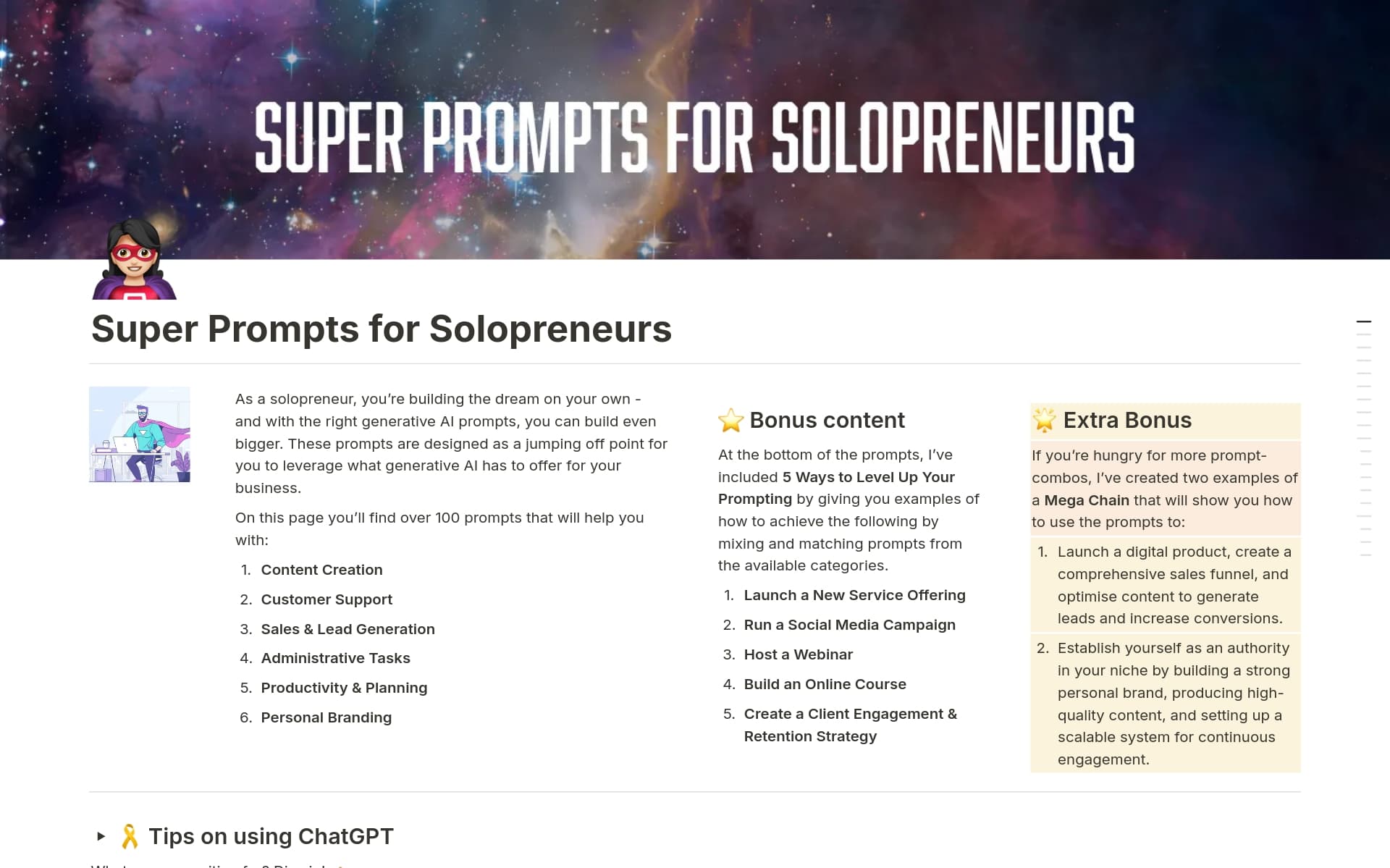Having a Response Questionnaire is crucial for gathering feedback, understanding customer needs, and making informed decisions. It allows for structured data collection and can lead to significant insights into user experience, satisfaction, and product improvement. A Response Questionnaire template in Notion streamlines the process, ensuring consistency and efficiency in capturing this valuable information.
Before you dive into creating your own Response Questionnaire, take a look at these Notion templates to simplify the process and get you started on the right foot.
What Should Response Questionnaire Templates Include?
Choosing the right Response Questionnaire Template in Notion can streamline the way you gather and analyze data. Here are key components to look for:
Customizability: The template should be flexible, allowing you to tailor questions and formats according to your specific needs.
Logical Flow: Questions should be sequenced in a manner that feels natural and enhances respondent engagement.
Integration Capabilities: It should easily integrate with other tools in Notion for seamless data management and analysis.
Visual Appeal: Aesthetically pleasing designs can improve user experience and increase response rates.
Selecting a template with these components ensures not only efficiency but also enhances the quality of insights you can derive from the responses.
What Should Response Questionnaire Templates Avoid?
When selecting a Response Questionnaire Template in Notion, it's important to be aware of certain features that might complicate or reduce the effectiveness of your data collection. Here are three key components to steer clear of:
Overly Complex Questions: Avoid templates that include questions which are too detailed or technical. These can confuse respondents and lead to unreliable data.
Limiting Response Options: Templates that do not allow for open-ended responses can restrict the insight you gain, missing out on valuable context and details.
Non-Adaptive Layouts: Choose templates that are flexible and can be easily adjusted. Rigid designs might not display well across different devices, potentially discouraging participation.
Choosing the right template involves looking for simplicity, flexibility, and clarity to ensure that the data collected is both meaningful and actionable.



